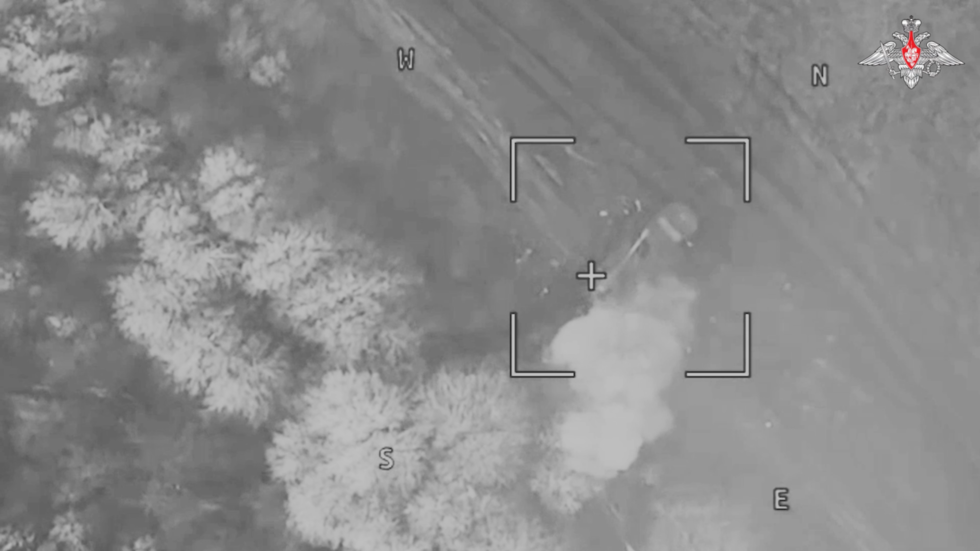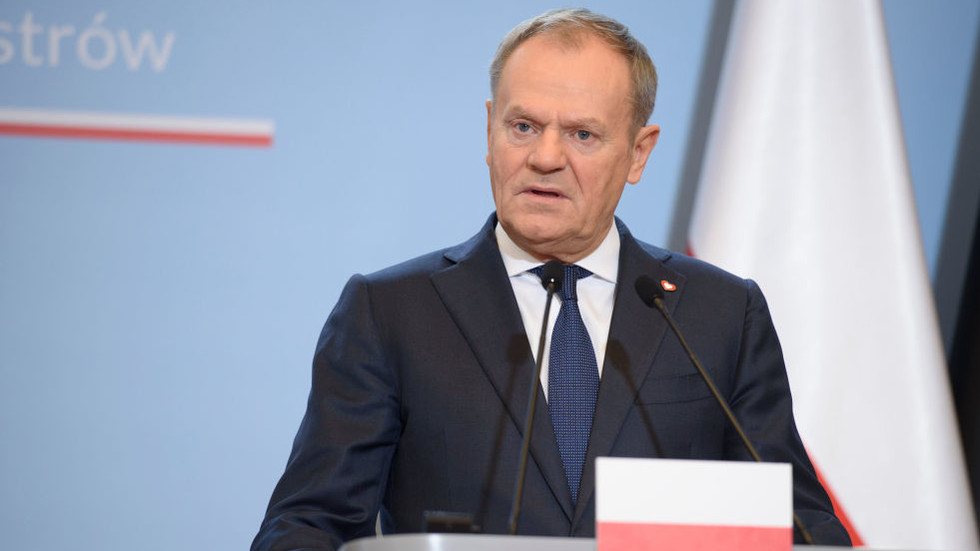DAMASCUS, Syria -- Hundreds of Syrians marched through central Damascus in a funeral procession Thursday to honor one of the country's most prominent anti-government activists, whose body was found after the ouster of President Bashar Assad.
The procession for Mazen al-Hamada — unimaginable only a week earlier — turned the moment of mourning into a call for justice, with marchers carrying posters of other missing detainees and chanting for Assad to be put on trial.
The capture of Damascus by insurgents last weekend brought thousands of people into the streets in celebrations, and Thursday’s march recalled the funerals-turned-protests of the early days of the uprising against Assad 13 years ago.
“We will not forget your blood, Mazen,” the marchers, most of them young people, chanted outside a mosque while family and friends held funeral prayers inside.
Others chanted: “We will get our revenge, Bashar. We will bring you before the law.”
Al-Hamada joined the anti-government protest movement in its early days and was arrested several times. Released after a long detention in 2013, he left Syria for the Netherlands. There, he became a well-known figure and symbol of the anti-Assad movement, speaking publicly about the torture he endured in prison.
Still, he returned to Syria in 2020 — apparently lured by promises of safety — and immediately disappeared.
His family found him Tuesday in a hospital morgue. By the condition of his body, al-Hamada, who was in his late 40s, appeared to have been killed only in the past week, his family said.
Tens of thousands of Syrians are still seeking information about the fate of loved ones who disappeared under Assad's police state. Many have swarmed prisons and detention facilities in their searches. Dozens of bodies have been found in morgues, some emaciated, and others with wounds that suggest they were tortured.
The rebels and the transitional government have called for any information that would help identify secret prisons.
In Thursday’s procession, supporters, protesters and family members carried al-Hamada’s body from al-Mujtahid mosque toward a mosque in central Damascus’s al-Hijaz Square. At Abu Awf Mosque, several family members of those still missing joined.
Many participants said they last protested in Damascus 13 years ago, before Assad’s brutal crackdown on protesters turned the conflict into full-blown civil war.
Mohammad Kulthum, 32, marched in the procession with his mother.
“I could not have imagined going out in a rally in any way, shape or form in Damascus.”

 1 hour ago
3
1 hour ago
3








